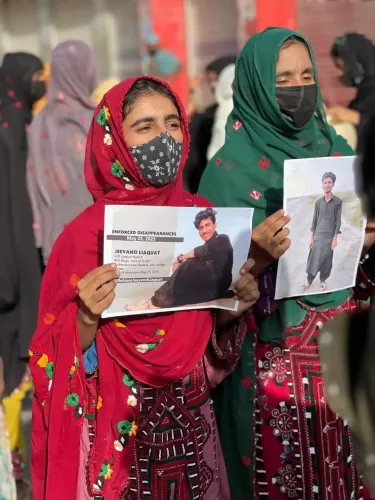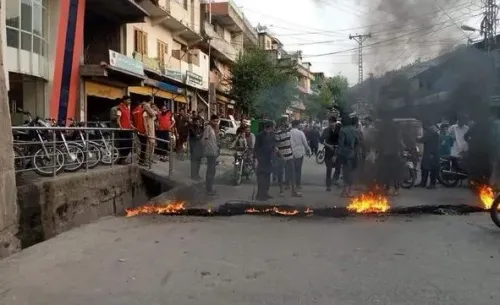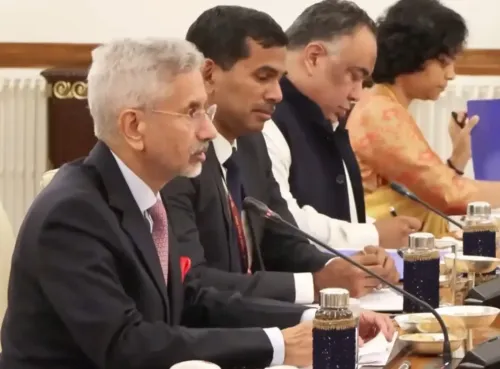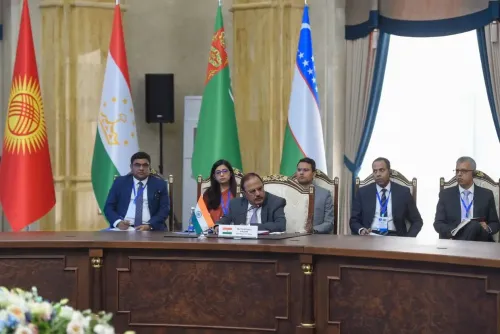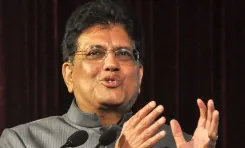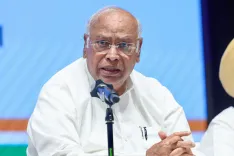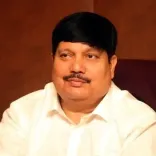Can Trump Leverage His Friendship with Modi to Influence Putin?
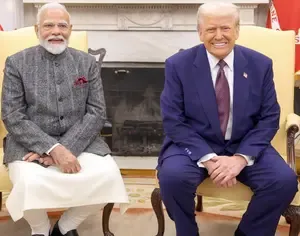
Synopsis
Key Takeaways
- Trump is leveraging his relationship with Modi to influence Russia's energy exports.
- India's oil imports from Russia are a point of contention in US-India relations.
- Sanctions have complicated trade with Russia, requiring alternative currencies.
- The US is pursuing closer energy cooperation with India.
- Personal diplomacy is crucial in shaping international relations.
New Delhi, Oct 16 (NationPress) US President Donald Trump, following a failed attempt to establish a ceasefire in Ukraine, is now pursuing a broader economic strategy to pressure Moscow by potentially halting global energy imports from Russia.
In this initiative, he has turned to his “good friend” Prime Minister Narendra Modi of India for support.
Since implementing a hefty “reciprocal” trade tariff, Trump has voiced his discontent with New Delhi's ongoing purchases of Russian oil.
Two additional factors are influencing Washington's stance.
First, the sanctions on Moscow imposed after the Ukraine conflict have made trade with Russia feasible only through currencies other than the US Dollar, leading to a loss of potential American oil customers who could have contributed to Washington's revenue during this crisis.
“India is a significant importer of oil and gas,” stated the Ministry of External Affairs (MEA) Spokesperson Randhir Jaiswal, emphasizing that “ensuring stable energy prices and secured supplies have been the twin goals of our energy policy.”
“We have long sought to expand our energy procurement,” he continued, noting that this has steadily progressed over the past decade. “The current US administration is interested in deepening energy cooperation with India, and discussions are ongoing.”
Even in the United States, despite a ban on Russian oil and gas imports since March 2022, reports suggest that some Russian energy has still entered the market through loopholes in embargoes.
The White House has been actively working to close these loopholes.
Furthermore, some NATO allies have continued to obtain a significant portion of their energy needs from Russia, leading an irate Trump to label this as “funding the war against themselves.”
Earlier last month, Trump urged European leaders to cease Russian oil purchases, according to reports citing a White House official.
He called for a “Coalition of the Willing” nations, with President Emmanuel Macron of France at the helm.
This initiative aims to compel Russia's President Vladimir Putin to engage in negotiations.
Although several European nations ceased importing Russian crude between 2022-2023, others, like Slovakia and Hungary, have continued.
The European Union's direct energy trade with Russia has substantially declined due to sanctions, supply cutoffs, and intentional policy changes.
However, seaborne oil flows and third-party routing persist, maintaining indirect links for certain countries and traders.
For many NATO nations, it remains challenging to sever years of consistent energy ties with Russia.
Nonetheless, the European Commission's proposed legislation may facilitate the phasing out of Russian energy imports by January 1, 2028.
Recognizing that an immediate shift from prior commitments is unrealistic, Trump has acknowledged that India cannot abruptly stop oil shipments.
While asserting that Prime Minister Modi assured him of not purchasing Russian oil, Trump added that it is “a little bit of a process, but that process will be over soon.”
Since February 2022, Russia has continued to export considerable volumes of crude, redirecting significant shipments from Europe to Asian buyers, particularly China and India.
India's purchases surged sharply in the months following the war as buyers capitalized on discounted shipments, positioning India among the largest buyers by 2023-2024.
Despite Trump’s recent comments about increasing tariffs to 100 percent on China, he has not been as critical of the nation, suggesting that “Now we're going to get China to do the same thing.”
The effectiveness of Trump's strategy regarding China will be assessed during his upcoming meeting with Premier Xi Jinping at the Asia-Pacific Economic Cooperation (APEC) summit in South Korea.
Regarding India, President Trump has been emphasizing his connection with Prime Minister Modi to enhance his own image and take credit for influencing major partners, using personal relationships as evidence of effective diplomacy.
Thus, Trump has raised this issue to showcase his foreign policy achievements and convey a message of strength against Russia in pursuit of a truce in yet another geopolitical arena.

